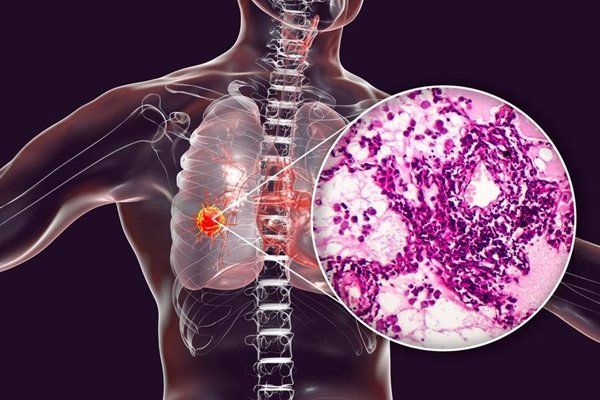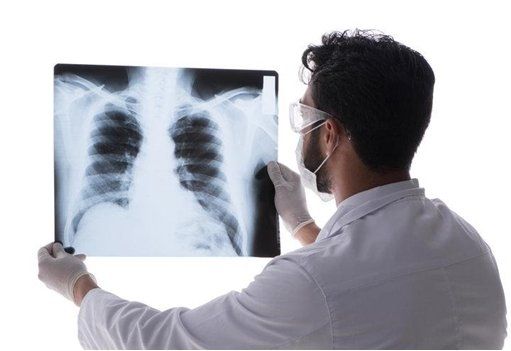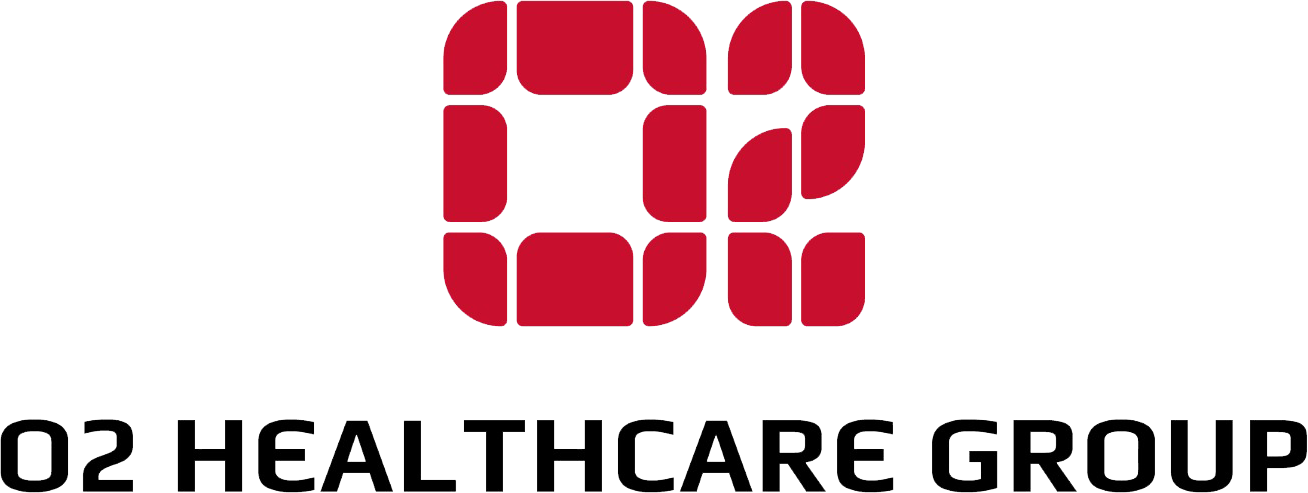Patient Resources
Lung Cancer Screening
Facts about Lung Cancer
In Singapore, lung cancer is the 3rd commonest cancer in both men and women. Exposure to tobacco smoke is the main risk factor, accounting for over 80% of lung cancer cases.
Other risk factors include exposure to air pollution, asbestos (which is a common mineral used in building materials in the past), cooking fumes without a ventilator, and various other toxins and heavy metals. Having a family member with lung cancer also increases the risk of developing lung cancer.
Why screen for lung cancer
Unfortunately, lung cancer is generally silent. By the time an individual develops symptoms, or a spot appears on the chest XR, it is usually in an advanced stage with a low chance of a cure. Despite lung cancer being the 3rd commonest cancer in men and women, it is the leading cause of cancer death in men and the 2nd leading cause of cancer death in women, accounting for 26% and 16% of deaths respectively. Annual chest XRs or even examining sputum is not accurate enough to detect early lung cancer.
However, recent research has shown that a low-dose computed tomography, also called a low-dose CT Lung Screen, is highly accurate in detecting small spots in the lung, including early lung cancer. It has been proven to reduce the number of deaths from lung cancer in high-risk patients, compared with a chest X-Ray. Hence, a low-dose CT Lung Screen is the only recommended screening test for lung cancer.
What is a low-dose CT Lung Screen?
A low-dose CT Lung Screen uses low-doses of X-rays to produce highly detailed cross-sectional images of the lung. It uses a much lower radiation dose compared to a conventional CT scan. It is a fast, painless, and non-invasive test that involves no preparation or injections.
Who should be screened for lung cancer?
- Individuals, aged between 55 to 74, who have smoked 1 pack of cigarettes per day for 30 years or more and are continuing to smoke
- For individuals who have quit less than 15 years ago, remain at high risk for lung cancer and should also be screened.
- For individuals who are exposed to secondhand smoke or who have a family history, you should discuss with your doctor
References
1. Report of the Screening Test Review Committee – Academy of Medicine, Singapore. March 2019
2. Singapore Cancer Registry Annual Report 2018







